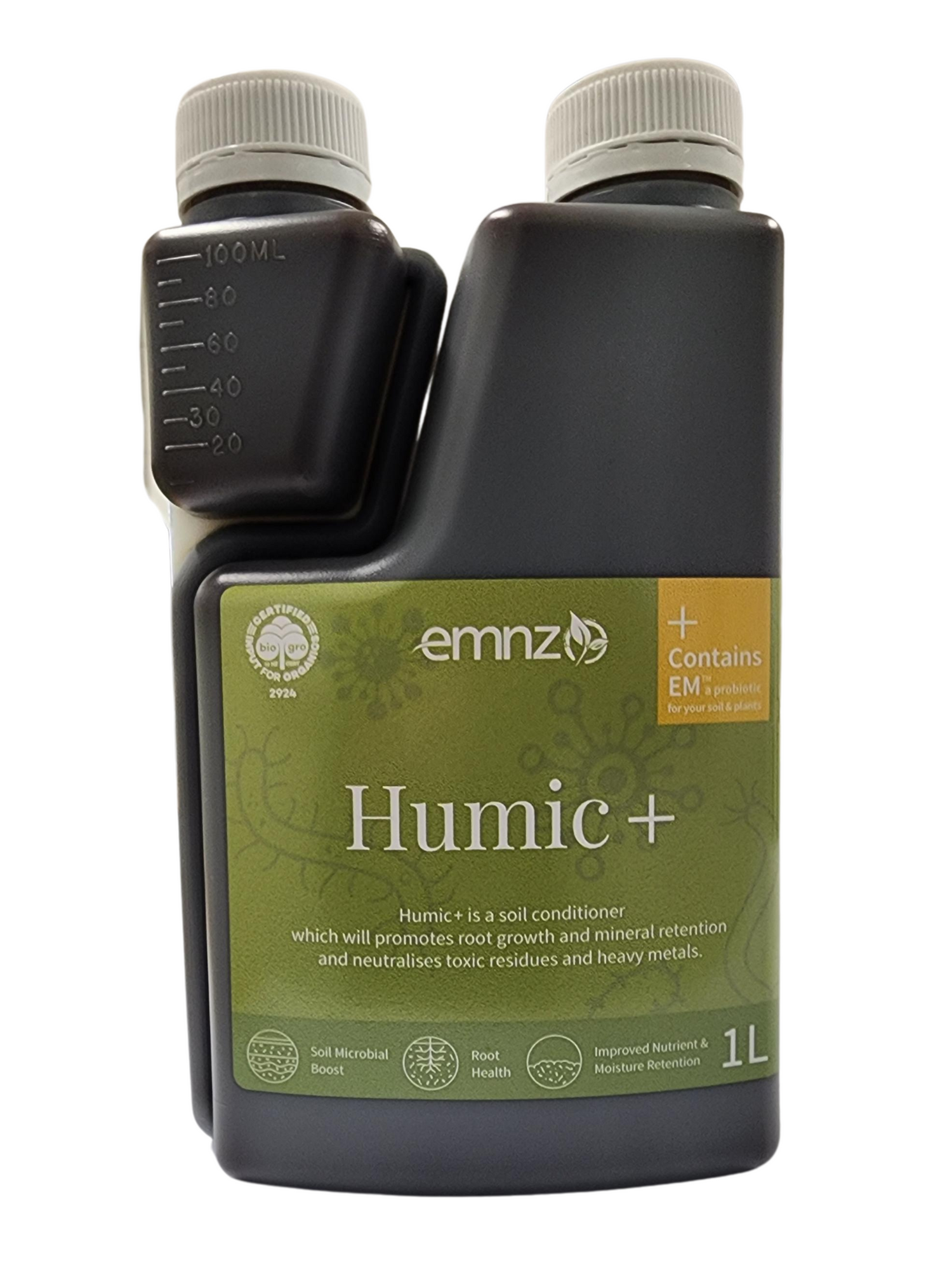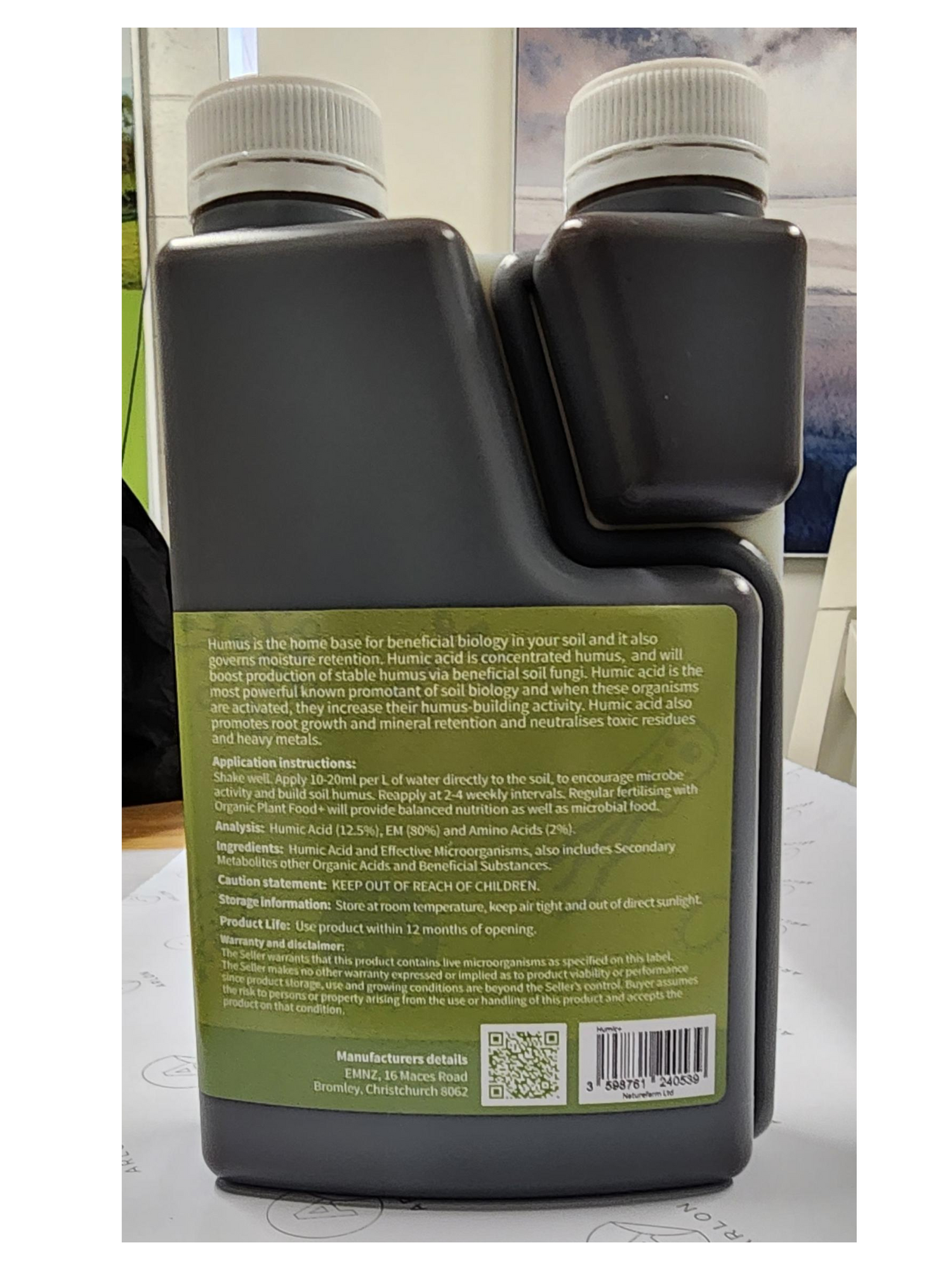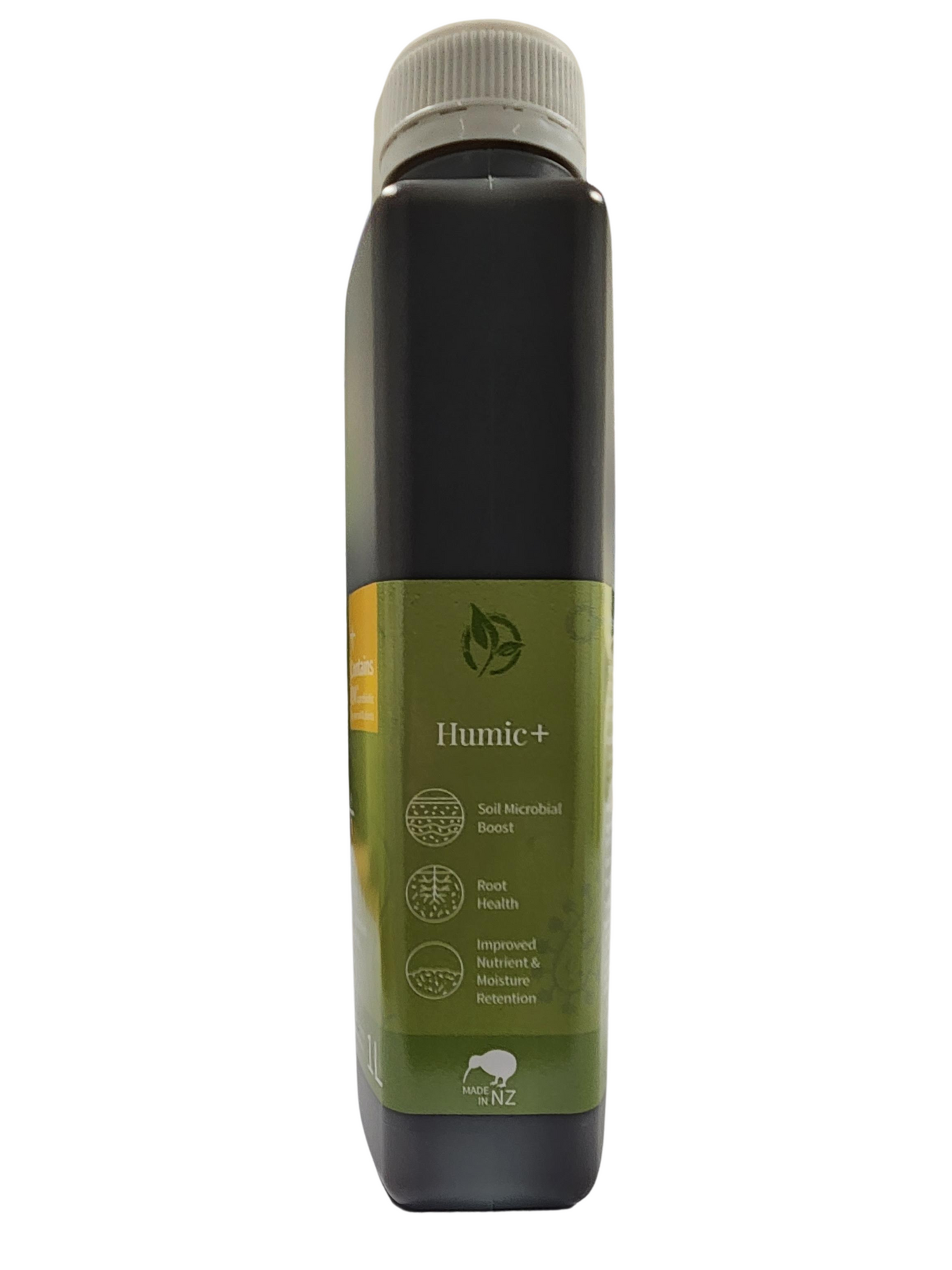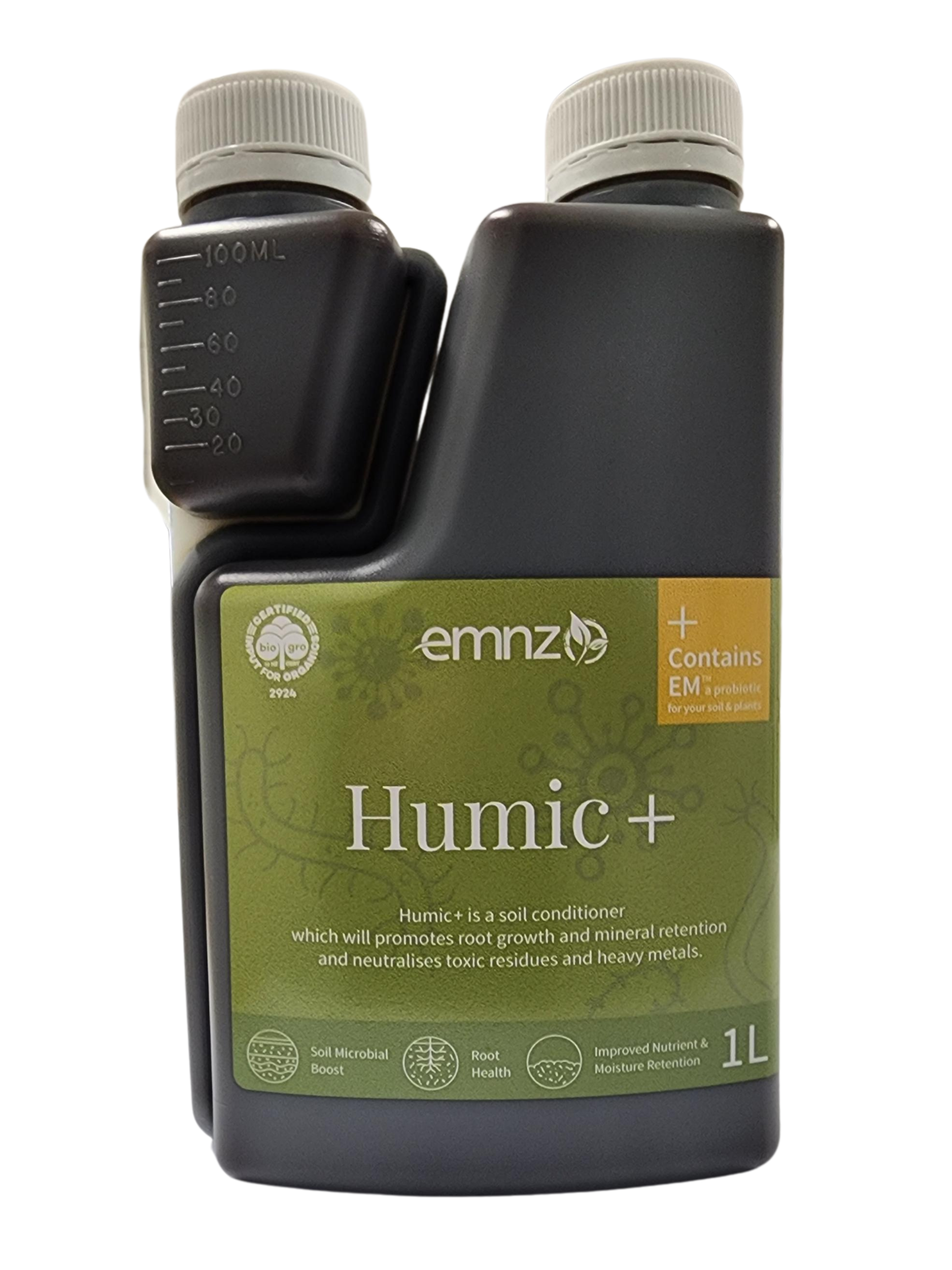
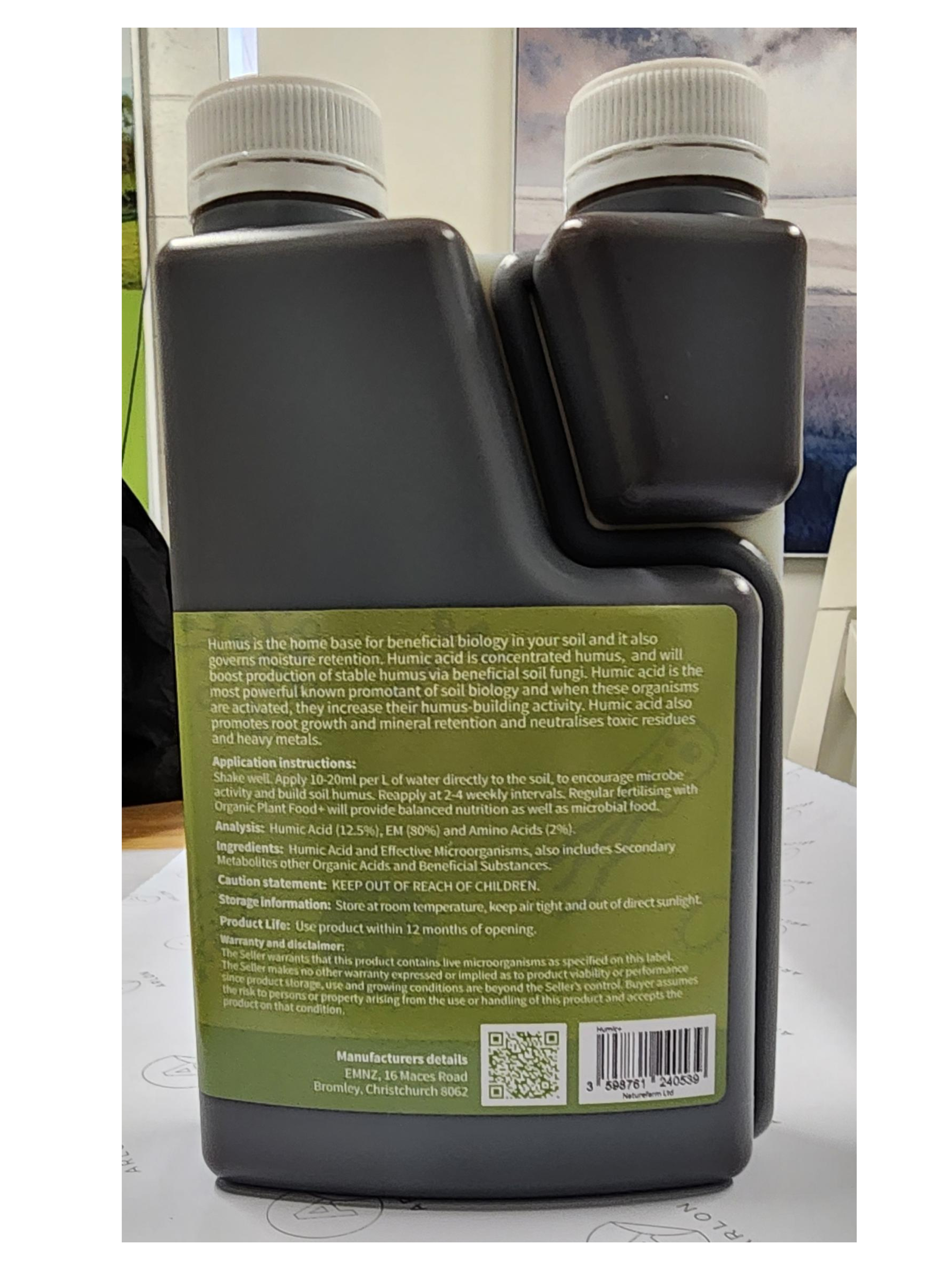
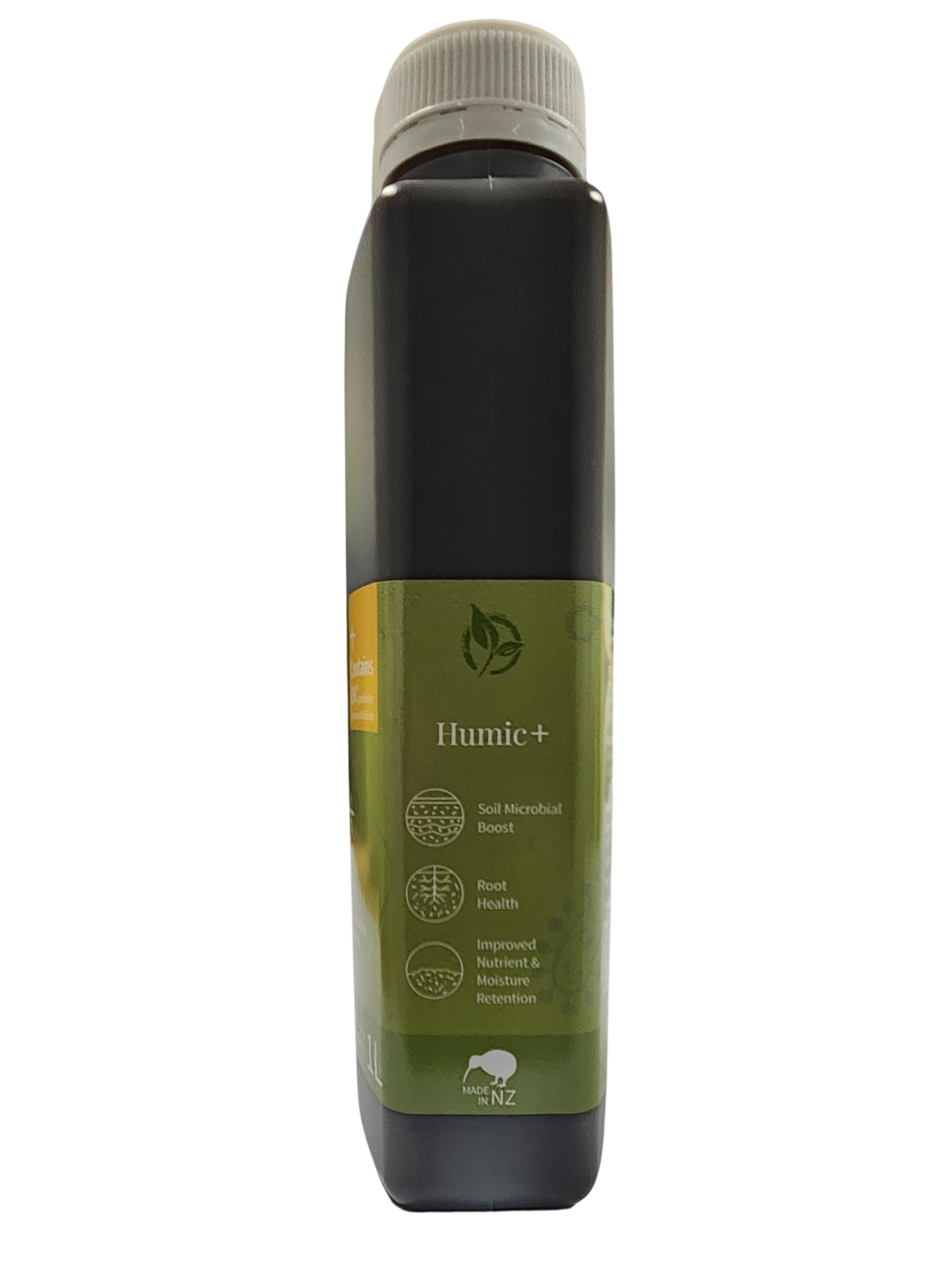
FAQs
What is EM?
Effective microorganisms or EM are mixed cultures of beneficial microorganisms that can be applied as inoculants to increase the microbial diversity of soils and plants which, in turn, can improve soil health, and the growth, yield, and quality of crops.
How does EM actually work?
There is documented scientific evidence to indicate that EM cultures can
(a) suppress soil-borne pathogens,
(b) accelerate the decomposition of organic wastes and residues,
(c) increase the availability of mineral nutrients and useful organic compounds to plants,
(d) enhance the activities of beneficial, indigenous microorganisms, e.g., mycorrhizae,
(e) fix atmospheric nitrogen, and
(f) reduce the need for chemical fertilisers and pesticides.
Actually, EM tends to simulate the "rotation effect," a term used by agronomists to describe the regeneration of beneficial soil microorganisms and suppression of harmful ones which results from crop rotation.
Is EM an organic product?
Yes, EM is certified organic by BioGrow NZ and can be used in all types of organic systems.
What can EM be used for?
EM has a huge range of uses around the home, garden, farm, business, or industrial zone. Today EM is used in many systems pertaining to agriculture and environmental management. These range from crop and animal production systems, to livestock and aquaculture units. EM is used widely in environmental management for decomposition and more importantly for recycling of wastes, both solids and liquids.
The application and use of EM technology in NZ is wide and varied:
- From crops like peas, wheat, linseed to onions, potatoes, carrots and beans.
- From sheep, cows and deer, to pigs and chickens
- From wine grapes and olives to saffron and lavender
- From recycling food waste in restaurants and schools back to gardens
- From household food waste to larger office blocks and Universities collecting lunchtime food waste.
- From small composting toilets in holiday homes to large composting toilets in mountain chalets for trampers and mountaineers.
- From controlling odours at commercial and large municipal composting sites to controlling odours and improving water quality at vineyards treating their own wastewater.
Whilst initially the use of EM was confined to Agriculture, in recent times the growth sector has been vineyards and waste management. Visit the industries section of this website to find out more about EM's uses.


